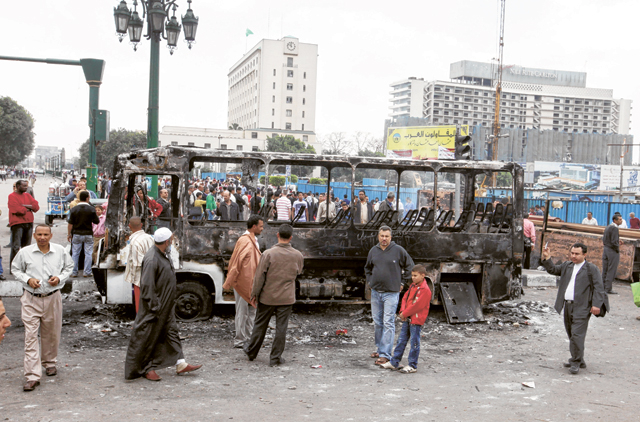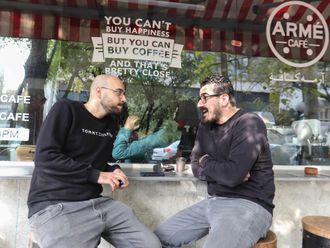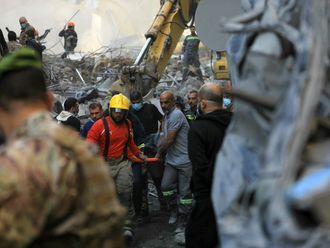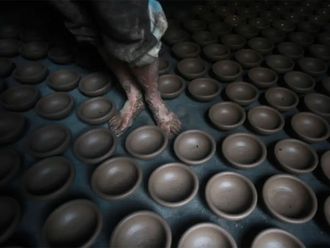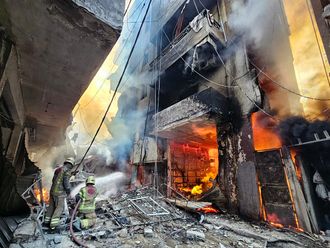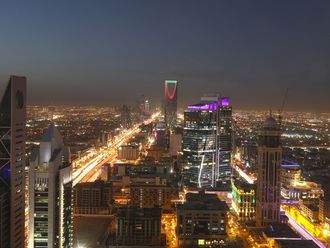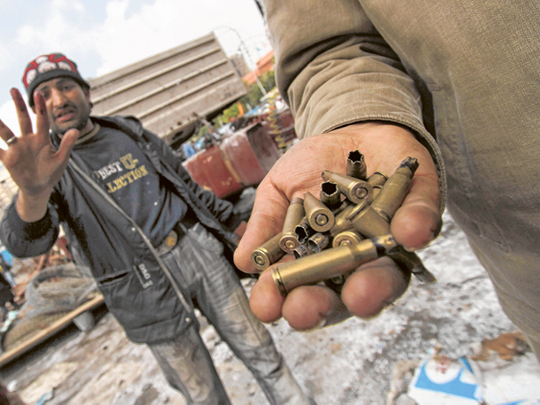
Cairo: Protesters on Saturday returned to Al Tahrir Square in central Cairo defying a warning by the ruling military council that it will be firm in "enforcing the law if the national security and safety of citizens dictate".
Hours after army soldiers and policemen forcibly evacuated demonstrators in a pre-dawn raid on the iconic square, dozens of protesters showed up chanting slogans against the ruling Supreme Council of the Armed Forces and its chief Field Marshal Hussain Tantawi, who long served as minister of defence under former president Hosni Mubarak.
In focus: Unrest in the Middle East
Two people were killed and 71 others were injured in the pre-dawn raid, reports said on Saturday. "Outlawed elements carried out acts of riots and intimidation against citizens," said the council in a statement, denying its troops fired at demonstrators who had camped out in the square during the 2am to 5am curfew.
Mubarak trial
Thousands of protesters turned their anger on the army on Saturday demanding that the military council hand power to civilians and pressing for former President Hosni Mubarak to be put on trial.
The army, which has ruled Egypt since Mubarak was forced out of office on February 11, has become a growing target for a hardcore of protesters who say the generals are colluding with remnants of Mubarak's network and thwarting calls for a deeper purge.
"The military council is part and parcel of the corrupt regime. It is made up of heads of the army that have benefited from Mubarak and his 30 years of robbing the Egyptian people," said Abdullah Ahmad, 45, a protester in Cairo's Tahrir Square.
The army dismisses such charges and says it is guarding against any attempt by former officials to undermine reforms.
The council, meanwhile, ordered the arrest of Ebrahim Kamal, a businessman and a prominent member of Mubarak's National Democratic Party, allegedly for hiring thugs to attack people in Al Tahrir Square. Three aides of Kamal were ordered detained on similar charges.
"For the first time since January 28, police appeared in Al Tahrir Square and hurled tear gas canisters at protesters at around 4 in the morning on Saturday," said a young protester who gave his name only as Hamid. "We threw stones in return at them," he recounted.
"The protesters included some army officers, who are displeased with the slow pace of reforms after the ouster of Mubarak," he told Gulf News. But the ruling military denied such a claim, accusing outlaws of wearing the military uniforms.
After they were dispersed, protesters returned and blocked entrances to the plaza with barbed wires, according to witnesses. The charred bodies of a military vehicle and a bus were still there in the square at noon.
The Muslim Brotherhood, Egypt's biggest opposition force, and other political powers, said on Saturday they had not asked their followers to stay in the square after Friday's protest, which called for the trial of Mubarak and disbanding his party.
However, the April 6 Movement, a driving force in the nationwide protests that eventually swept aside Mubarak, blamed the army for Saturday's violence.
Some protesters took barbed wire that had been left by the army on Saturday and dragged it across roads leading to the square. As they had done during protests to oust Mubarak, demonstrators started checking IDs of those entering Tahrir.
With inputs from Reuters


